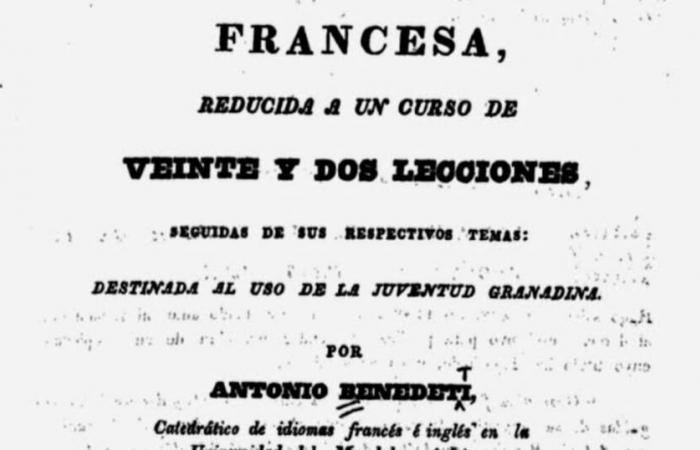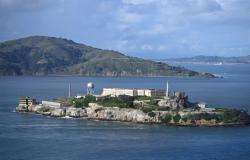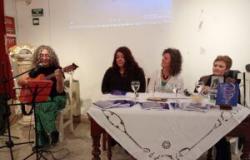On April 17, another anniversary of the death of the only Nobel Prize for Colombian literature, Gabriel José García Márquez was fulfilled. Its ashes, since 2016, rest in the cloister of the Merced of the university of Cartagena, a city that occupied a special place in literary life and the affections of Gabo, and university institution in which it had an ephemeral step by enrolling in 1948 in the law career, even when those studies abandoned them to completely surrender to the profession of writer.
Of course, Gabo’s memory installed in the Alma Mater inevitably connects us with the rich literary tradition and knowledge production, which has marked the history of the university in these almost two hundred years of existence.
Among many writers who have gone through that place of knowledge, such as teachers, students, graduates, administrative, citizens or guests, it is worth remembering that the production of books has always been part of the impulse and development of the University of Cartagena since the 19th century.
The tradition of publishing books began precisely in the thirties of that century after the announcement of the impression of French grammar, reduced to a twenty -two lessons course, followed by their respective topics: destined to the use of Granada youth, written by the Professor of French and English languages at the University of Magdalena and Istmo, Don Antonio Benedi. Book that, with the passing of the years, was declared a National Teaching Text and, in addition, is considered – until today – as the first “grammar written in Spanish to teach the French language” that was managed in the country. Lea: This is the story of the First Girls College in Cartagena
The first language book and its author in Colombia
Its author managed to enter the University as a professor of English on March 28, 1833, and subsequently the French chair since December 13, 1834 was awarded. In that year, precisely, Benedi began writing several notes that circulated among his students, without conceiving that they were later becoming the first French grammar written in Spanish for the teaching of youth.
In the prologue of the French grammar, printed in 1837 by José María Angulo in the printing press of Francisco de B. Ruiz, in fact, Don Antonio acknowledged: “I composed only with the purpose of issuing French lessons to my students at the University of Magdalena and Isthm I dictated.
Beyond the indications of classes transformed into a book and the contribution of the students, which gave a brief indication of how classes were taught in the nineteenth century, the French grammar could not be printed as a book until 1837, after the General Meeting of the University of Magdalena and Isthmus approved its publication, after being examined by a commission composed of the Professors Pedro F. Castellón and Agustín Núñez. Lea: University of Cartagena: the history of its first teachers
These professors in their report, in addition to recognizing the difficult task in charge, highlighted the appropriate method of the method used, because “(…) divided the various treaties into short lessons (…) the study is facilitated and abbreviated in the very extent, which also enlivened with the exercises or topics placed at the end of each lesson, does not cause that tedium that discourages young people so much”. According to the above, the author and his language book had to fight against the discouragement of the students of that time against modern languages.
Although it seems that the success of its sale was guaranteed during the first ten years of existence since 1837, since the French grammar, which its author sold – in his house located in the street of Santo Domingo – to 20 reais each specimen, had exhausted himself entirely in 1846 and therefore decided to make a “reprint with some notable improvements”, under the title of a new practical, analytical and theoretical course of French language.
In that decade, thanks to the support of the University of Magdalena and Isthmus, the work had been able to circulate nationwide and Benedi, thanks also to its teachings, it had become an outstanding man of letters that, in addition to writing, offered its services as a translator and interpreter of the French and English languages -taking eight reais Education of Benedeti in 1842 and even became inspector of the Girls College in Cartagena.
Thus he was born in Cartagena because the first book dedicated to the learning and understanding of the French language from Spanish, a novelty in a society that, after the processes of independence of the early nineteenth century and after the opening of the University of the Magdalena and Isthmus in 1828, was leaving behind Latin and assumed the challenge of imposing the Castilian as an official language and of accessing the English and French). All favored within the framework of a political context in which freedom of thought emerged.






